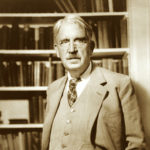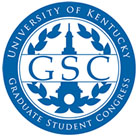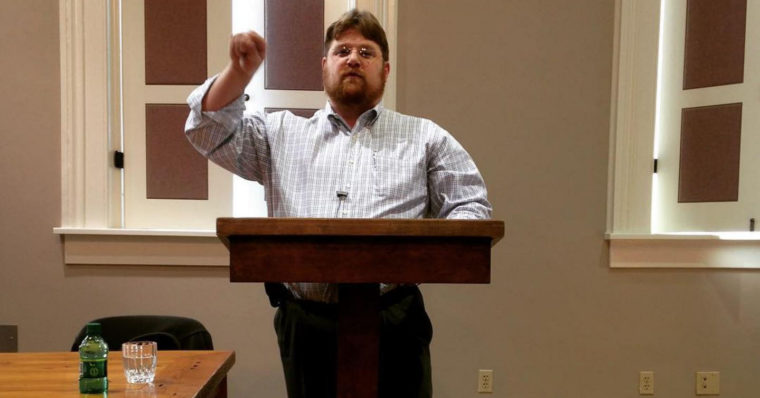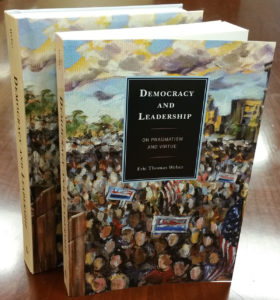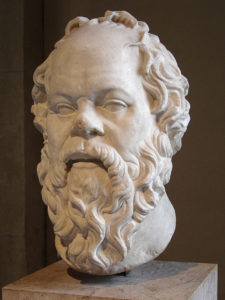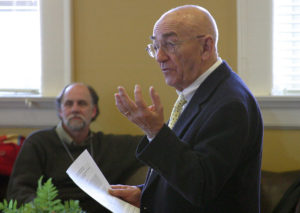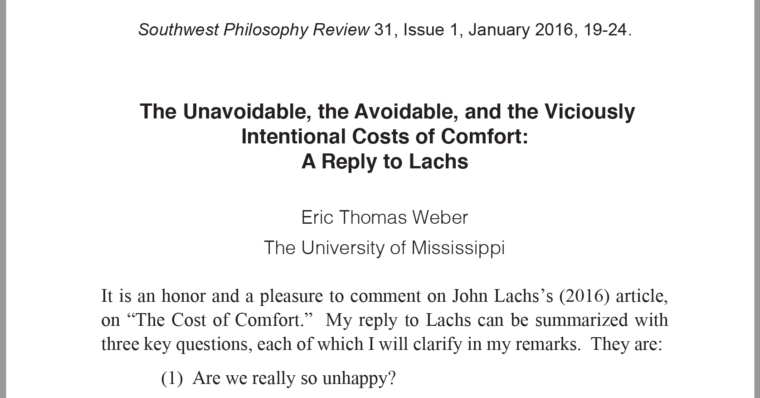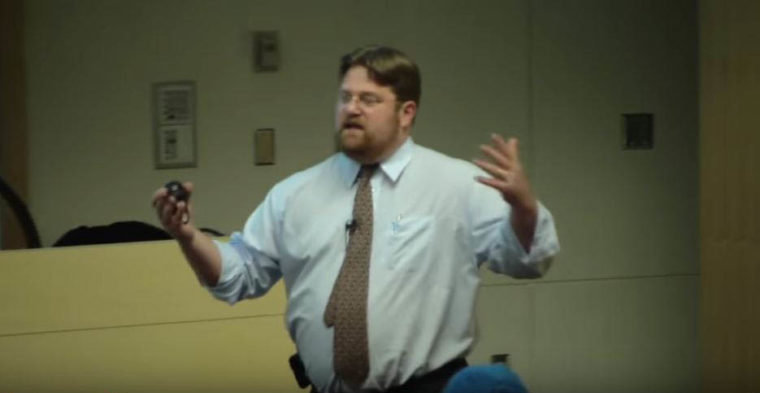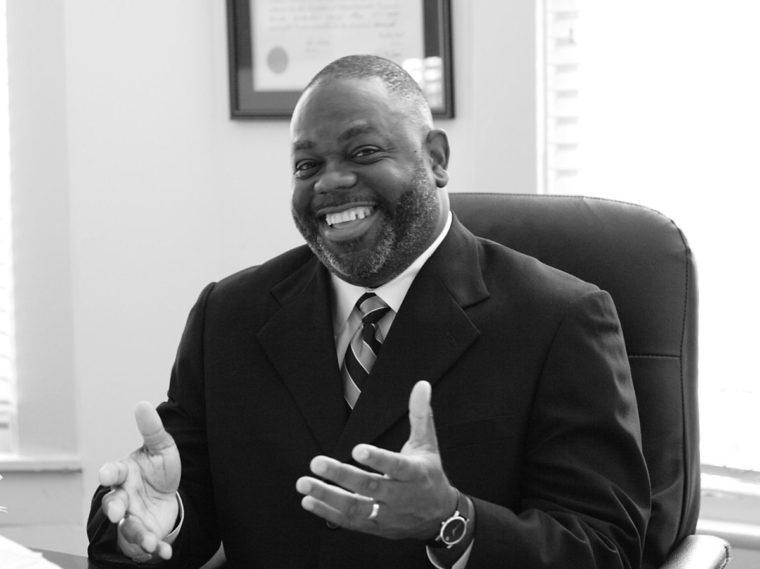2023 Commonwealth Ethics Lecture at Bellarmine University in Louisville, KY
In the spring of 2023, the Ethics and Social Justice Center at Bellarmine University issued a call for proposals for their yearly Commonwealth Ethics Lecture. They invited scholars from around the state to propose a talk to be delivered for their 2023 lecture, considering approaches from all disciplines and with special interest in interdisciplinary dialogue and topics, encouraging “critical reflection, dialogue, and constructive action on contemporary ethical issues in society.” They also welcomed proposals “related to politics, societal well-being, and individual happiness,” as well as that “intersect these themes with regional issues.”
I pitched my proposal in relation to the fact that Kentucky is a state that continues to permit and make use of corporal punishment in public schools. I have long thought about corporal punishment especially as an example of a practice long outmoded and for which evidence has become increasingly clear that better alternatives are available and that long-term effects of the practice are psychologically and medically discouraged. Given this opportunity, it was a great chance for me to focus on corporal punishment directly, so I jumped at the chance finally to focus extensively on this topic.
Kentucky has decreased the use of the form of discipline in public schools to nearly negligible levels, with 17 recorded instances of corporal punishment in the 2020-2021 school year, which suggests that the practice would not be difficult to end at the state level. Given that, Kentucky could serve as a leader among states that presently permit and engage in the practice, to show how others can follow the lead of the Commonwealth state of Kentucky, to end the practice around the country. The video here above is 1hr and 1 min long, concluding at the end of my talk, not including the question and answer session, though that was fun and rewarding for me also.
I am especially grateful to Dr. Kate Johnson for being a welcoming and great host at Bellarmine University for the talk. The attendance and recording of the talk were great and much appreciated.
The PowerPoint slides for my talk are available online here.
The post KY’s Potential for Leadership in Educational Ethics: Calling for an End to Corporal Punishment in American Schools first appeared on Eric Thomas Weber.


